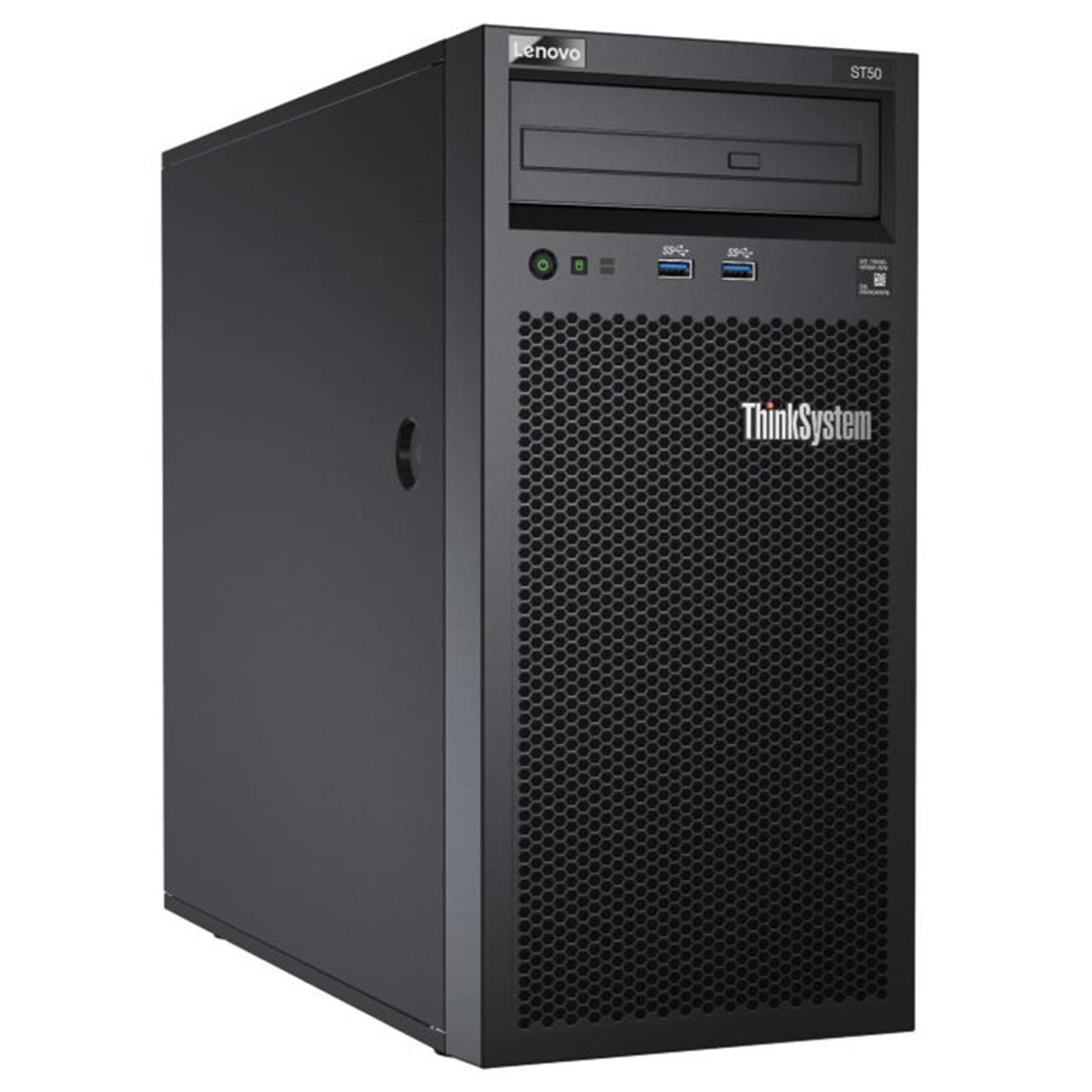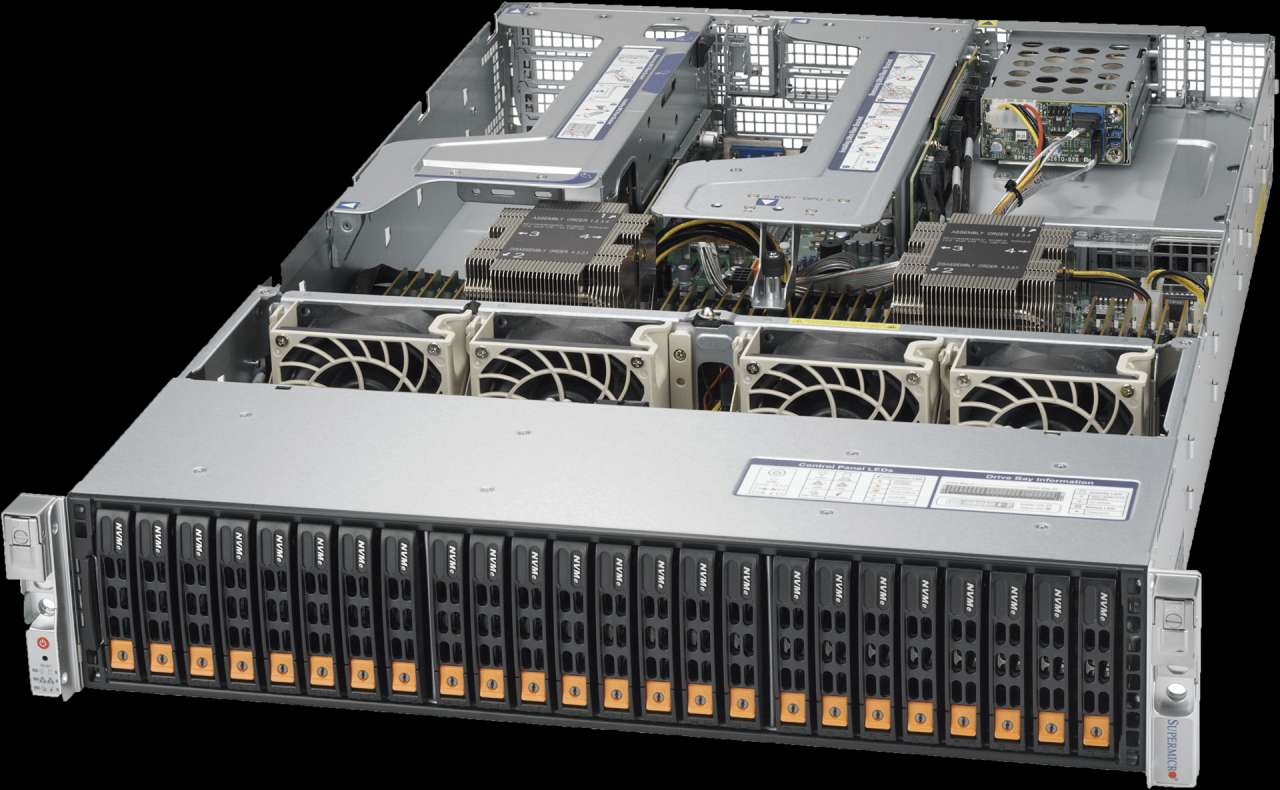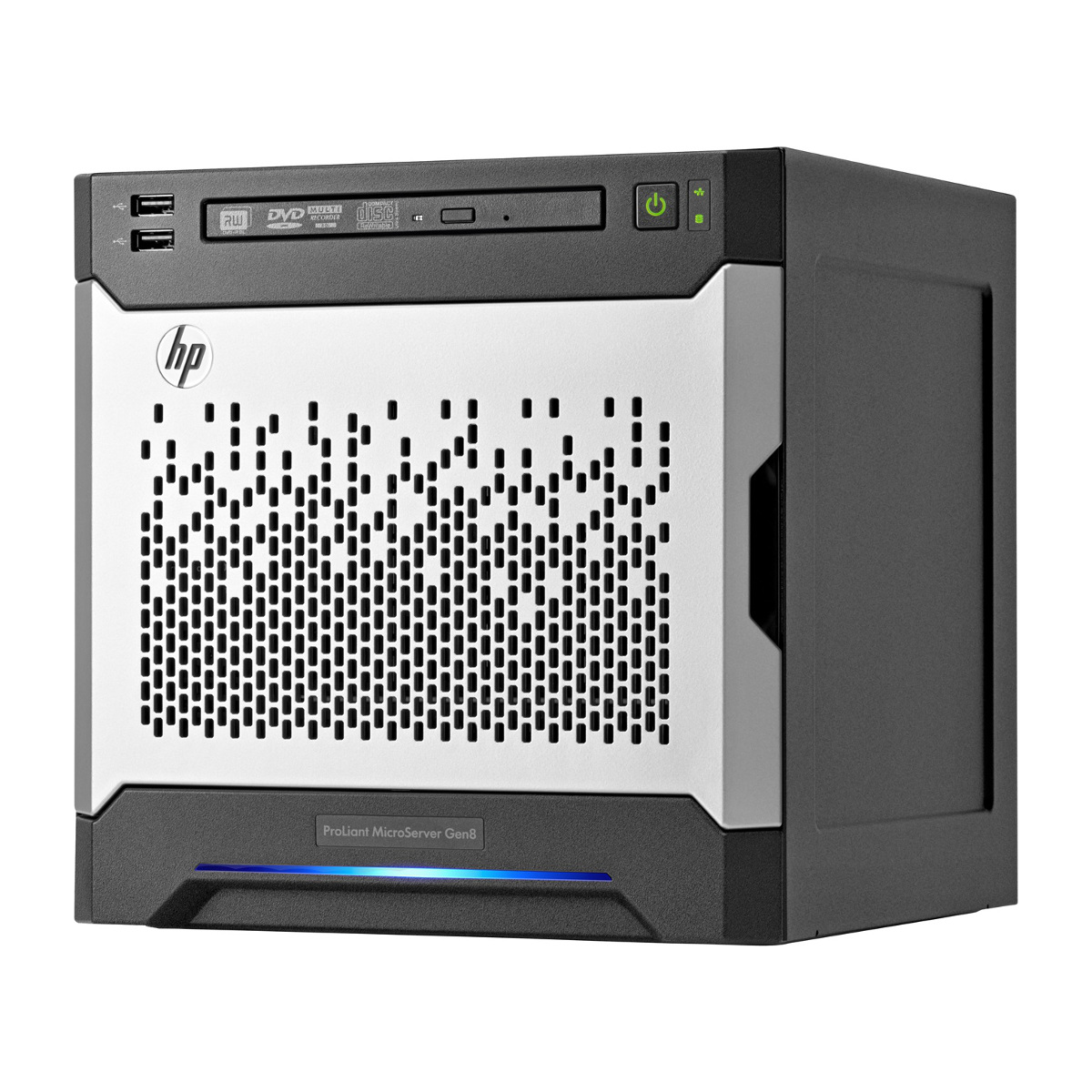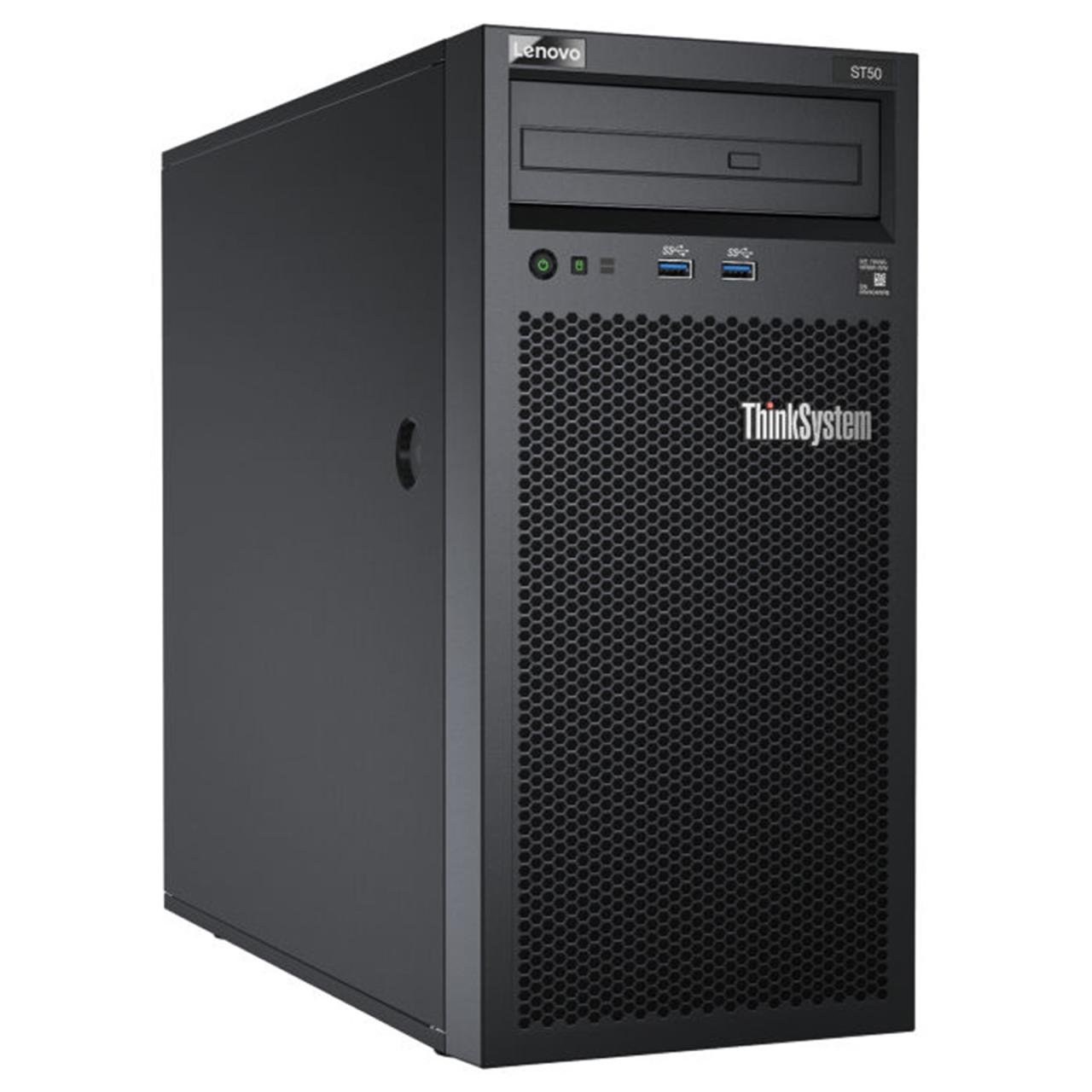Dell servers have been a mainstay in the technology landscape for decades, consistently delivering reliable and powerful computing solutions for businesses of all sizes. From their humble beginnings, Dell servers have evolved into sophisticated systems capable of handling demanding workloads and driving innovation across various industries.
Dell’s server portfolio boasts a wide array of options, including rackmount, tower, and blade servers, each designed to meet specific needs and performance requirements. These servers are built with high-quality components, ensuring optimal performance and longevity, while Dell’s commitment to innovation ensures that their servers are equipped with the latest technologies to address emerging trends in computing.
Dell Server Overview
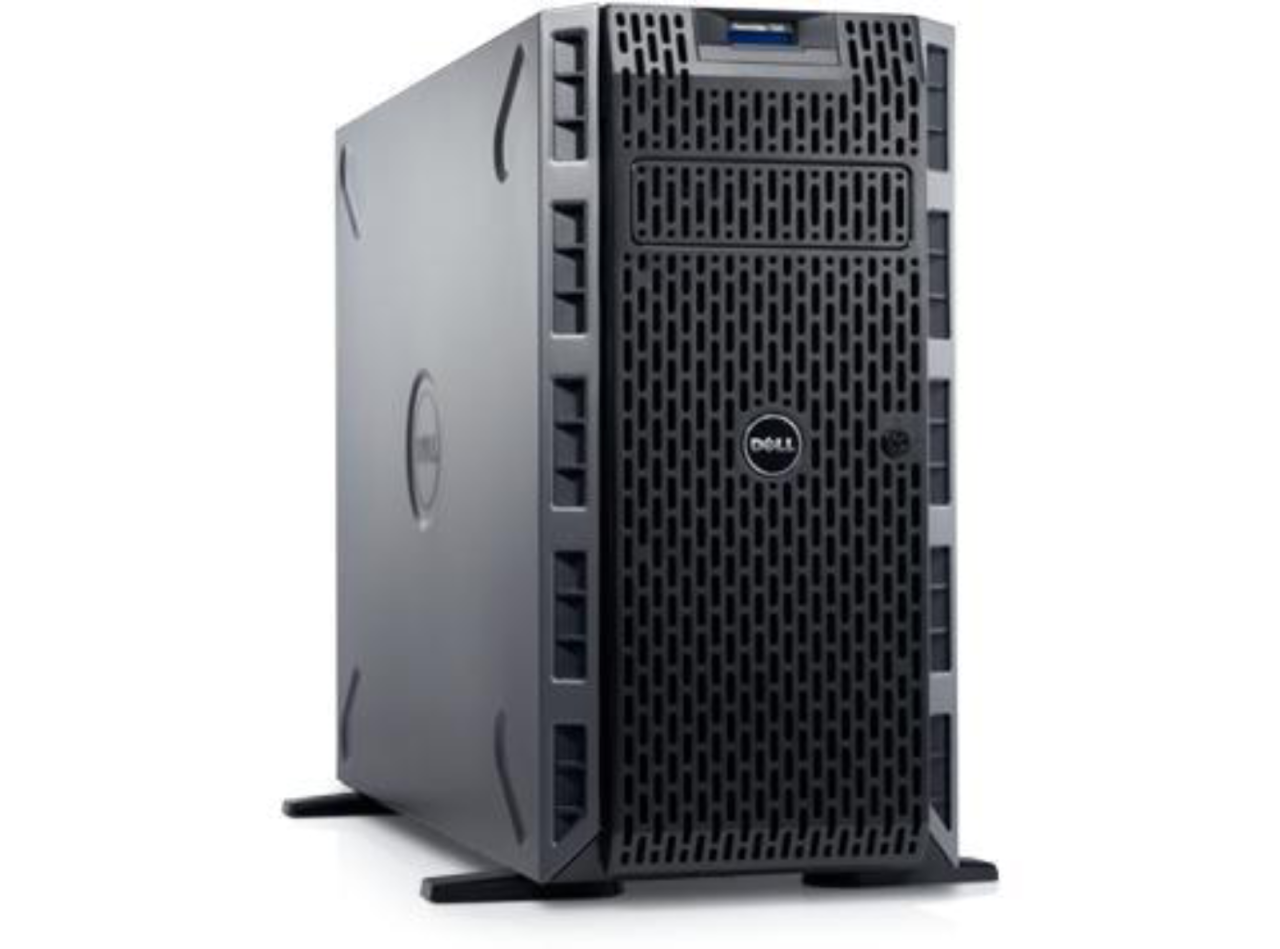
Dell servers have a rich history spanning decades, playing a pivotal role in the evolution of computing infrastructure. From their early days as a leading provider of personal computers, Dell expanded into the server market, offering a comprehensive range of solutions for businesses of all sizes.
History of Dell Servers
Dell’s foray into the server market began in the mid-1990s, with the introduction of the PowerEdge line of servers. These early servers were primarily aimed at small and medium-sized businesses, offering a cost-effective alternative to traditional server vendors. Over time, Dell’s server portfolio expanded to include a wide range of products, catering to diverse customer needs.
Dell Server Product Portfolio
Dell’s server product portfolio encompasses a wide array of server types, form factors, and configurations, designed to meet the specific requirements of different workloads and applications.
Server Types
Dell offers a diverse range of server types, including:
- Rack Servers: These servers are designed for deployment in standard server racks, providing high density and efficient utilization of space.
- Tower Servers: Tower servers are compact and self-contained units, suitable for smaller deployments or environments with limited space.
- Blade Servers: Blade servers offer high density and scalability, with multiple server blades housed in a shared chassis.
- Storage Servers: Dell offers specialized storage servers, including network-attached storage (NAS) and storage area networks (SAN), for data storage and management.
Form Factors
Dell servers are available in various form factors, including:
- 1U: One unit of rack space, typically used for smaller servers or specialized applications.
- 2U: Two units of rack space, offering more space for components and higher performance.
- 4U: Four units of rack space, suitable for high-performance servers with multiple processors and large amounts of memory.
Configurations
Dell servers can be configured to meet specific customer needs, with options for:
- Processors: Dell offers a range of processors from Intel and AMD, including Xeon and EPYC series, to provide optimal performance for different workloads.
- Memory: Dell servers support various memory configurations, with options for DDR4 and DDR5 memory, to meet the memory requirements of different applications.
- Storage: Dell servers offer a wide range of storage options, including HDD, SSD, and NVMe drives, to provide the necessary storage capacity and performance.
- Networking: Dell servers include various networking options, such as Ethernet, Fibre Channel, and InfiniBand, to support high-speed data connectivity.
Key Features and Benefits of Dell Servers
Dell servers are known for their reliability, performance, and comprehensive support services. Some of the key features and benefits of Dell servers include:
Reliability and Performance
Dell servers are designed with high-quality components and robust engineering, ensuring reliability and performance. Dell’s servers are rigorously tested and validated to meet industry standards, providing confidence in their ability to handle demanding workloads.
Scalability and Flexibility
Dell servers offer scalability and flexibility, allowing businesses to easily expand their infrastructure as their needs grow. Dell’s modular design and flexible configuration options enable seamless upgrades and expansions.
Comprehensive Support Services
Dell provides comprehensive support services for its servers, including proactive monitoring, remote troubleshooting, and on-site support. Dell’s support services ensure that customers have the resources they need to keep their servers running smoothly.
Security Features
Dell servers include robust security features to protect data and systems from unauthorized access and cyber threats. Dell’s security solutions encompass hardware, software, and services, providing a comprehensive approach to data security.
Dell Server Architecture
Dell servers, like most other servers, are designed with a modular architecture, enabling flexibility and scalability to meet diverse computational needs. The fundamental components that constitute a typical Dell server are the CPU, memory, storage, and network interfaces. These components work together to process data, store information, and communicate with other devices.
Server Architectures
Different server architectures are designed to address specific needs and constraints. The most common server architectures include rackmount, tower, and blade servers.
- Rackmount Servers: These servers are designed to be mounted in a rack, which is a sturdy frame that can hold multiple servers. Rackmount servers are typically used in data centers, where space is at a premium and efficient cooling is crucial. They offer high density and scalability, making them suitable for large-scale deployments.
- Tower Servers: These servers resemble traditional desktop computers and are designed to be placed on a desk or floor. Tower servers are typically used in smaller businesses or organizations where space is less of a concern. They are generally less expensive than rackmount servers and offer a good balance of performance and affordability.
- Blade Servers: These servers are small, modular units that are housed in a chassis called a blade enclosure. Blade servers share common resources like power supplies and network connections, making them highly efficient and space-saving. They are often used in data centers where high density and power efficiency are essential.
Advantages and Disadvantages of Server Architectures, Dell server
The choice of server architecture depends on factors such as the size of the organization, the specific application requirements, and the available budget.
| Architecture | Advantages | Disadvantages |
|---|---|---|
| Rackmount | High density, scalability, efficient cooling | Higher initial cost, less flexible for small deployments |
| Tower | Lower initial cost, more flexible for small deployments | Lower density, less efficient cooling |
| Blade | High density, power efficiency, space-saving | Higher initial cost, less flexible for small deployments |
Final Summary: Dell Server
Whether you’re a small business looking for a reliable server to support your operations or a large enterprise seeking to build a robust data center, Dell servers offer a comprehensive solution. With their diverse product portfolio, robust security features, and comprehensive support options, Dell servers provide the foundation for modern businesses to thrive in the digital age.
Dell servers are known for their reliability and performance, making them ideal for businesses of all sizes. While they’re powerful machines, sometimes a little extra ambiance can make a difference. If you’re looking to freshen up your server room, you might want to consider making your own DIY room spray.
Just remember to keep it light and avoid anything that could interfere with the delicate electronics inside your Dell server.

